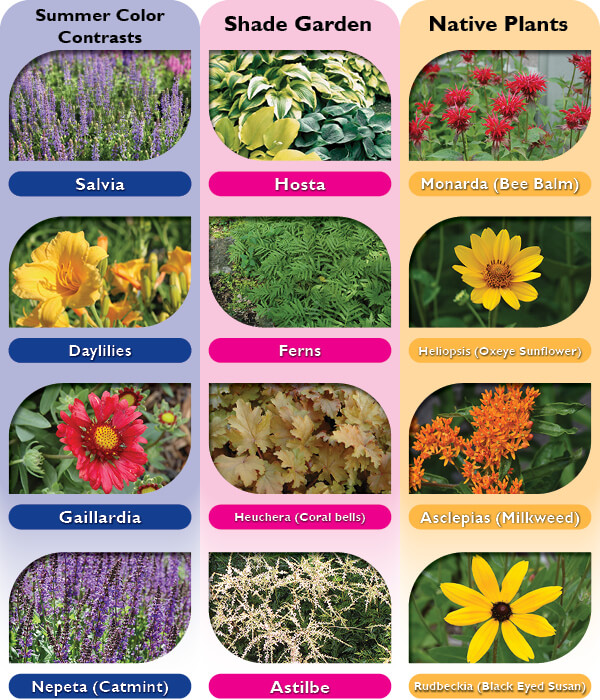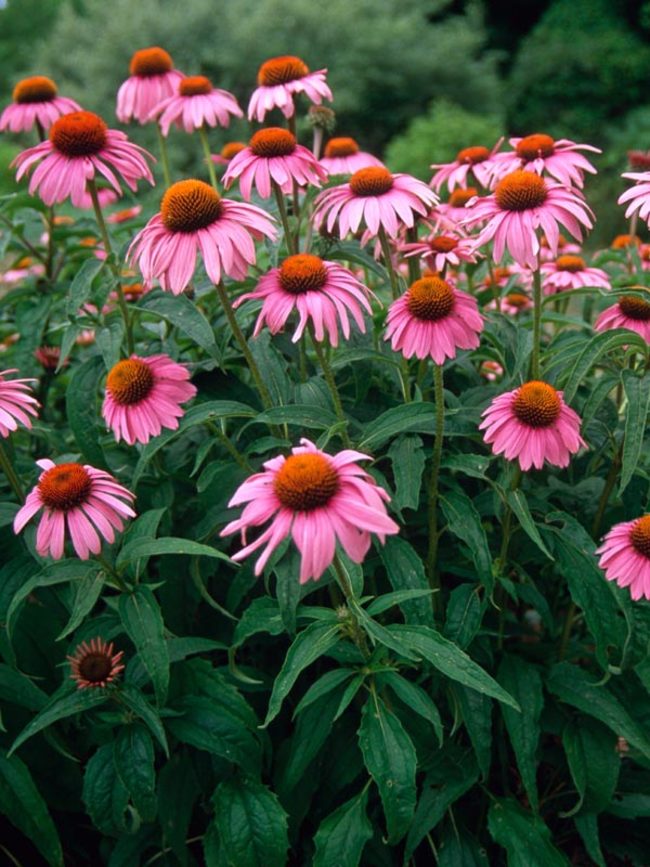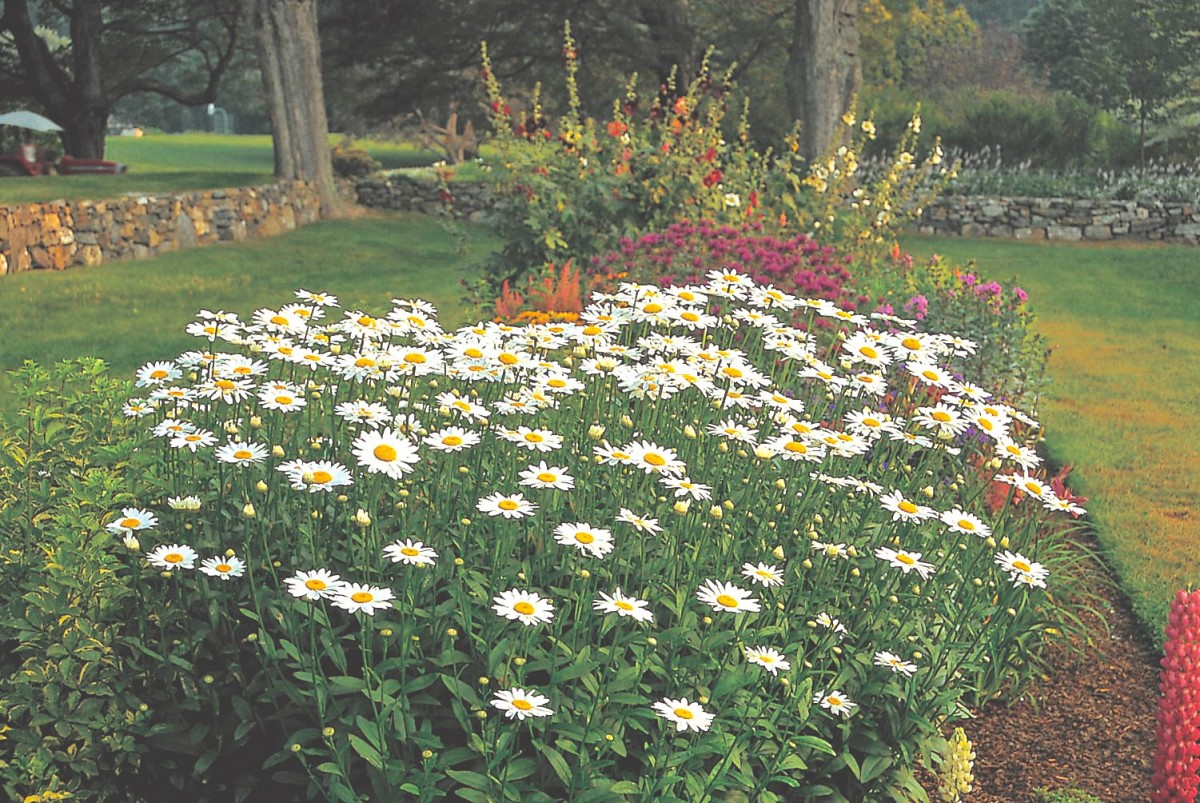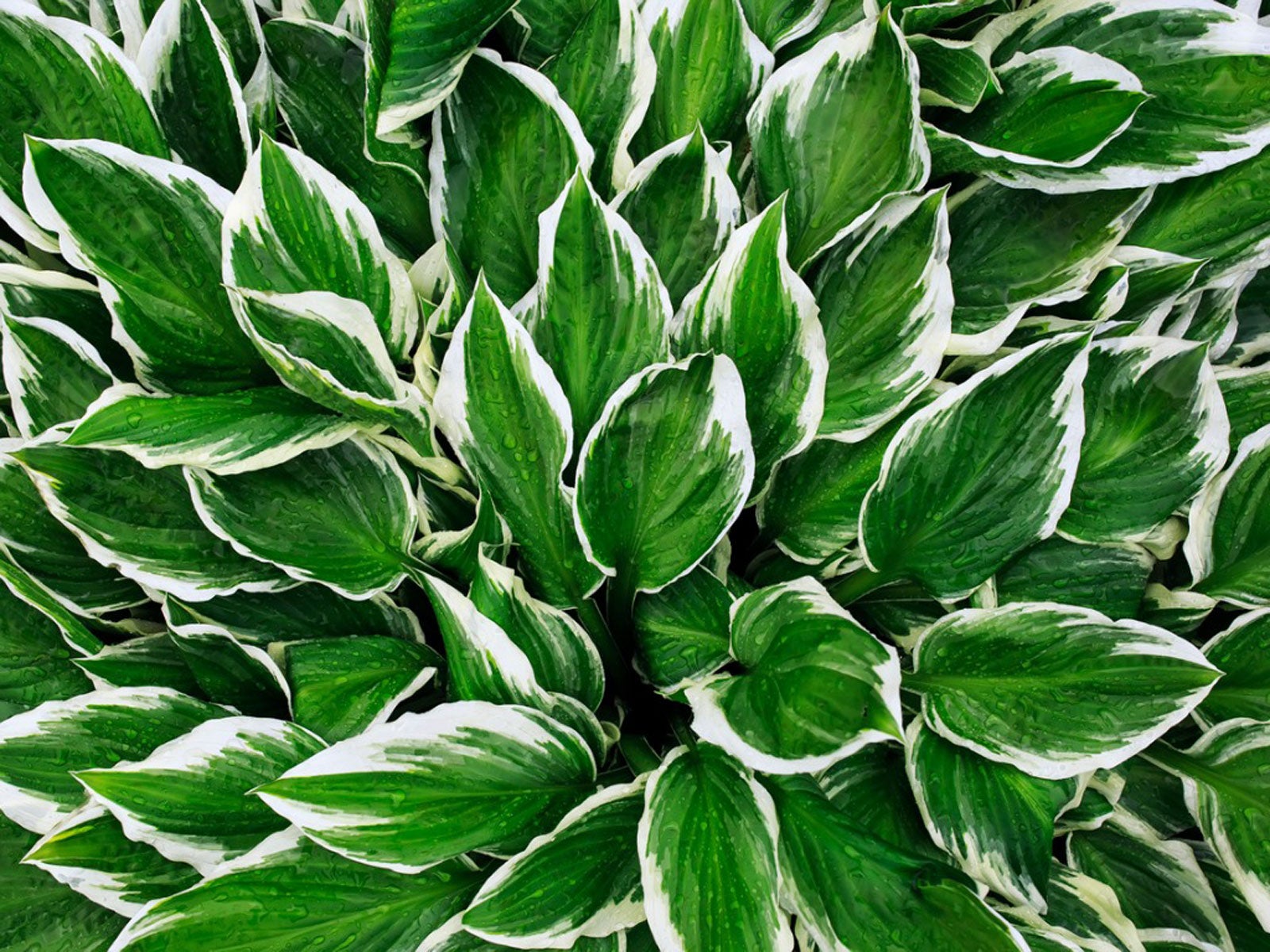Daylily Companion Plants That Will Make Your Garden Sing
Daylily Companion Plants That Will Make Your Garden Sing
Daylilies are a popular choice for gardens because they are easy to grow and care for, and they bloom for a long period of time. However, if you want to create a truly stunning garden, you need to choose the right companion plants.
The right companion plants will help to highlight the beauty of your daylilies, and they will also help to deter pests and diseases. In this blog post, we will discuss some of the best companion plants for daylilies.
What to Look for in a Companion Plant
When choosing companion plants for daylilies, there are a few things to keep in mind. First, you want to choose plants that have similar growing conditions. Daylilies prefer full sun and well-drained soil, so you want to choose companion plants that can tolerate these conditions.
Second, you want to choose plants that will complement the color of your daylilies. If you have yellow daylilies, for example, you might want to choose companion plants with blue or purple flowers. This will create a striking contrast of colors.
Finally, you want to choose plants that will help to deter pests and diseases. Some good companion plants for daylilies include marigolds, nasturtiums, and yarrow. These plants all have natural pest- and disease-fighting properties.
Best Companion Plants for Daylilies
Here are some of the best companion plants for daylilies:
- Marigolds: Marigolds are a great companion plant for daylilies because they help to deter nematodes, which can be a major problem for daylilies. Marigolds also have bright orange or yellow flowers that will complement the colors of many daylilies.

- Nasturtiums: Nasturtiums are another great companion plant for daylilies because they help to deter aphids and other pests. Nasturtiums also have bright orange, yellow, or red flowers that will add a touch of color to your garden.

- Yarrow: Yarrow is a hardy perennial that has white, pink, or purple flowers. It is a good companion plant for daylilies because it helps to deter deer and rabbits. Yarrow also has medicinal properties, and it can be used to make a tea that is said to help with fevers and colds.

- Bee Balm: Bee balm is a beautiful perennial with red, pink, or purple flowers. It is a good companion plant for daylilies because it attracts bees and butterflies. Bee balm also has medicinal properties, and it can be used to make a tea that is said to help with sore throats and coughs.

- Lavender: Lavender is a fragrant perennial that has blue or purple flowers. It is a good companion plant for daylilies because it helps to deter mosquitoes and other insects. Lavender also has medicinal properties, and it can be used to make a tea that is said to help with anxiety and insomnia.

- Shasta Daisy: Shasta Daisy is a white daisy-like flower that blooms in the summer. It is a good companion plant for daylilies because it helps to attract pollinators. Shasta Daisy is also a relatively low-maintenance plant, so it is a good choice for busy gardeners.

- Coreopsis: Coreopsis is a beautiful perennial with yellow or orange flowers. It is a good companion plant for daylilies because it helps to attract butterflies and other pollinators. Coreopsis is also a relatively easy plant to grow, so it is a good choice for beginner gardeners.

- Echinacea: Echinacea is a spiky perennial with purple or pink flowers. It is a good companion plant for daylilies because it helps to deter pests and diseases. Echinacea is also a medicinal plant, and it can be used to make a tea that is said to help with colds and flu.

Conclusion
These are just a few of the many great companion plants for daylilies. With a little planning, you can create a beautiful and vibrant garden that will be a joy to enjoy for years to come.
Daylilies are a beautiful and versatile flower that can add a touch of color to any garden. But did you know that there are some plants that can actually enhance the beauty of your daylilies?
That's right, there are a number of companion plants that can be planted alongside daylilies to create a stunning display. Some of the best companion plants for daylilies include:
- Lavender: Lavender is a classic companion plant for daylilies, and for good reason. The two plants complement each other's colors beautifully, and lavender also helps to deter pests.
- Bee balm: Bee balm is another great choice for a companion plant for daylilies. It attracts bees and butterflies, which will help to pollinate your daylilies.
- Roses: Roses and daylilies are a match made in heaven. The two plants have similar growing requirements, and they look stunning when planted together.
If you're looking for more information about daylily companion plants, I recommend visiting Gardenia Inspiration. This website has a wealth of information on the subject, including a list of the best companion plants for daylilies, as well as tips on how to plant and care for them.
FAQ of daylily companion plants
Q1: What are the best companion plants for daylilies?
A: Some of the best companion plants for daylilies include:
- Lavender: Lavender is a low-maintenance plant that attracts pollinators and deters pests. It also has a calming fragrance that can help to reduce stress.

- Bee balm: Bee balm is another pollinator-friendly plant that comes in a variety of colors, including pink, red, and purple. It also attracts butterflies and hummingbirds.
- Roses: Roses are a classic companion plant for daylilies. They complement each other's colors and bloom times, and they both require full sun and well-drained soil.
- Echinacea: Echinacea is a hardy perennial that adds height and interest to a daylily bed. It also has medicinal properties that can help to boost the immune system.

- Shasta daisy: Shasta daisies are a low-maintenance plant that blooms for a long period of time. They come in white, pink, and yellow varieties, and they make a great filler plant in a daylily bed.

Q2: What are some plants that should not be planted with daylilies?
A: There are a few plants that should not be planted with daylilies, as they can compete for nutrients or water. These plants include:
- Hostas: Hostas are shade-loving plants, while daylilies prefer full sun.

- Iris: Iris can be aggressive growers, and they can crowd out daylilies.
- Peonies: Peonies have deep roots, which can damage the roots of daylilies.

Q3: How far apart should daylilies be planted?
A: Daylilies should be planted about 2-3 feet apart. This will give them enough space to grow and spread.
Q4: When should I plant daylily companion plants?
A: You can plant daylily companion plants in the spring or fall. If you are planting in the spring, wait until the soil has warmed up to at least 60 degrees Fahrenheit. If you are planting in the fall, plant before the first frost.
Q5: How do I care for daylily companion plants?
A: Most daylily companion plants are low-maintenance. They need full sun and well-drained soil. Water them regularly during the growing season, and fertilize them once a year in the spring.
Image of daylily companion plants
5 different images of "daylily companion plants" from Pinterest:
- Echinacea: This spiky flower is a great companion for daylilies because it blooms at the same time and attracts butterflies and other pollinators.

- Lavender: The delicate lavender blooms complement the bold colors of daylilies, and they both thrive in full sun.

- Shasta daisy: This daisy-like flower is a classic companion for daylilies, and it blooms for a long time in the summer.

- Bergamot: The bright yellow flowers of bergamot add a pop of color to the garden, and they also attract bees and butterflies.

- Phlox: Phlox is a versatile flower that can be planted in a variety of locations, and it blooms in a wide range of colors.

Post a Comment for " Daylily Companion Plants That Will Make Your Garden Sing"